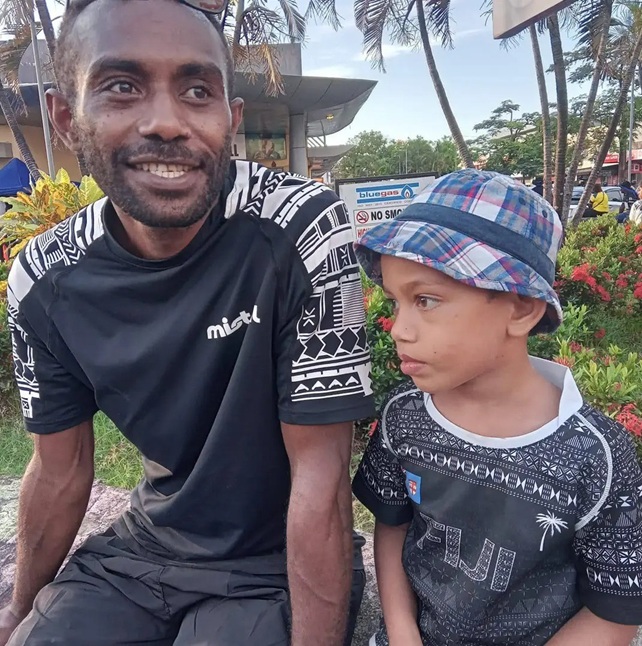The story about Peni Nabanivalu’s family is a sad reminder about how life hangs by a thread.
They are still reeling from his sudden death last Sunday.
Mr Nabanivalu and his wife, Seini, died of fish poisoning at Namunamu settlement in Mataso, Ra.
At the Lautoka Hospital Mortuary yesterday, Mr Nabanivalu’s elder brother, Waisiki Masirewa, said the couple had eaten pufferfish eggs. Their teenage daughter, who also ate the fish, was admitted to Lautoka Aspen Hospital.
Within an hour of consuming the meal, their symptoms became severe and, despite efforts to get them to the hospital, both parents died before they could be treated.
This tragedy has left a young girl fighting for her life and a family struggling to come to terms with a devastating loss.
It is a painful story, and yet it is not the first of its kind in Fiji. Every so often, reports emerge of families who have unknowingly consumed poisonous fish.
Pufferfish, in particular, is known to be one of the most dangerous species in our waters. According to the US Food and Drug Administration (FDA), pufferfish contains tetrodotoxin, a potent and deadly toxin that can cause paralysis, respiratory failure, and death. In fact, the FDA has long warned that there is no known antidote for pufferfish poisoning, highlighting the risk of consuming it.
This raises an important point about awareness. We are blessed with an abundance of marine resources, but with that blessing comes responsibility.
Awareness campaigns are urgently needed to educate the public about the risks of eating certain fish, especially during particular seasons when some species may be more toxic than others. Such campaigns could include community workshops, health advisories through the media, and even school programs to help the younger generation understand the dangers. People must know what to look out for when sourcing fish.
There is also a wider conversation to be had about the safety of our fish stocks.
How well are we educating communities, particularly in rural and maritime areas, about these risks?
It is not enough to rely on word-of-mouth warnings when lives are at stake.
Health authorities and fisheries department should be working together to provide clear, accessible information about toxic species like the pufferfish, and to ensure that people understand just how dangerous they are.
At its heart, this is not only about fish, but about families. Behind every statistic of food poisoning is a family grieving, children suddenly without parents, and loved ones left behind with empty seats at the table.
Mr Nabanivalu’s brother spoke of his younger sibling as a source of strength for their family.
This tragedy should make us pause and reflect on what we value most. Life is fragile, and relationships are precious. The time we spend together as families, the memories we make, and the love we share are what ultimately matter.
Awareness can save lives. Let’s make education about fish poisoning a public health priority!



